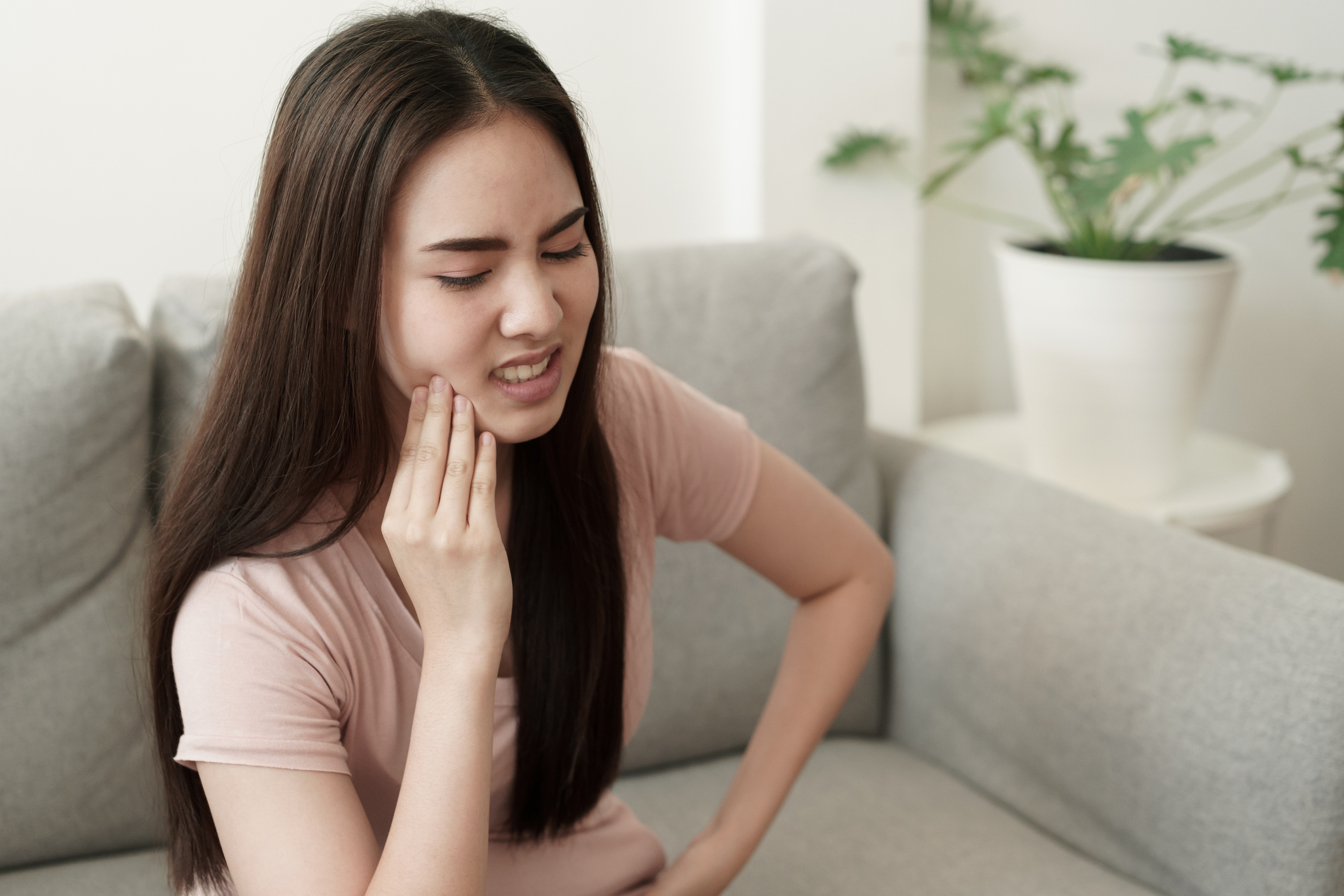Has your child been waking up with headaches, jaw pain, or tooth sensitivity? They might be suffering from sleep bruxism — more commonly known as teeth grinding at night.
Grinding their teeth during sleep can lead to significant dental problems for your child. The gnashing can wear down enamel, damage dental treatments, or, in severe cases, crack a tooth — not to mention causing pain or discomfort in their teeth, face, and jaw. Over time, it can even cause TMJ. If your child is grinding their teeth, schedule an appointment with an Islands Pediatric Dentistry dentist to find a solution.
What triggers teeth grinding?
There are several factors that could be causing your child to grind their teeth in their sleep. The first of which is their young age. Bruxism can affect anyone of any age but is more common among children. Genetics could also play a factor. There’s no proven correlation between genetics and bruxism, but people who grind their teeth in their sleep often have close relatives who do the same.
Teeth grinding at night can also be a side effect of some medications — including ADHD medications. But one of the most common causes is stress and anxiety. It’s easy to think that children don’t suffer from stress that can impact them physically, but that’s simply not true. School, socializing, and changes at home can all be sources of stress and anxiety for young children.
When should you seek advice from a doctor?
Children often outgrow bruxism, but there’s no need to wait it out. Don’t hesitate to reach out to their dentist or pediatrician if you hear your child grinding their teeth at night or if they begin waking up with headaches or pain in the jaw or face. Bruxism can usually be diagnosed based on symptoms alone, but some doctors may suggest doing a sleep study for more severe cases.
Are there methods for alleviating or avoiding teeth grinding?
Absolutely! Do your best to identify what could be causing your child to grind their teeth while they sleep. If it’s stress-related, you can work with your child on de-stressing. There are several ways to do this. You could teach them anxiety-coping techniques to help keep them calm throughout the day or find ways to help them unwind at night. This could include warm baths, stretching, playing soothing music, reading books, or simply talking about what is causing them anxiety and offering reassurance.
If your child begins grinding their teeth after starting a new medication, call their doctor and ask about its side effects. You may decide that switching medications or changing your child’s treatment plan is the best course of action.
Another common and effective option is a night guard. While it doesn’t actually stop your child from clenching their jaw or grinding their teeth in their sleep, it does prevent the teeth from grinding against each other and causing damage.
Does your child grind their teeth during the night?
The pediatric dentists at Islands Pediatric Dentistry can help. Our team is here to help keep your child healthy and their teeth in tip-top shape. Scheduling an appointment is easy, and our financial options make sure dental care is accessible to all children in our community. If your child is suffering from bruxism, don’t wait to get them the relief they need. Book an appointment today.

